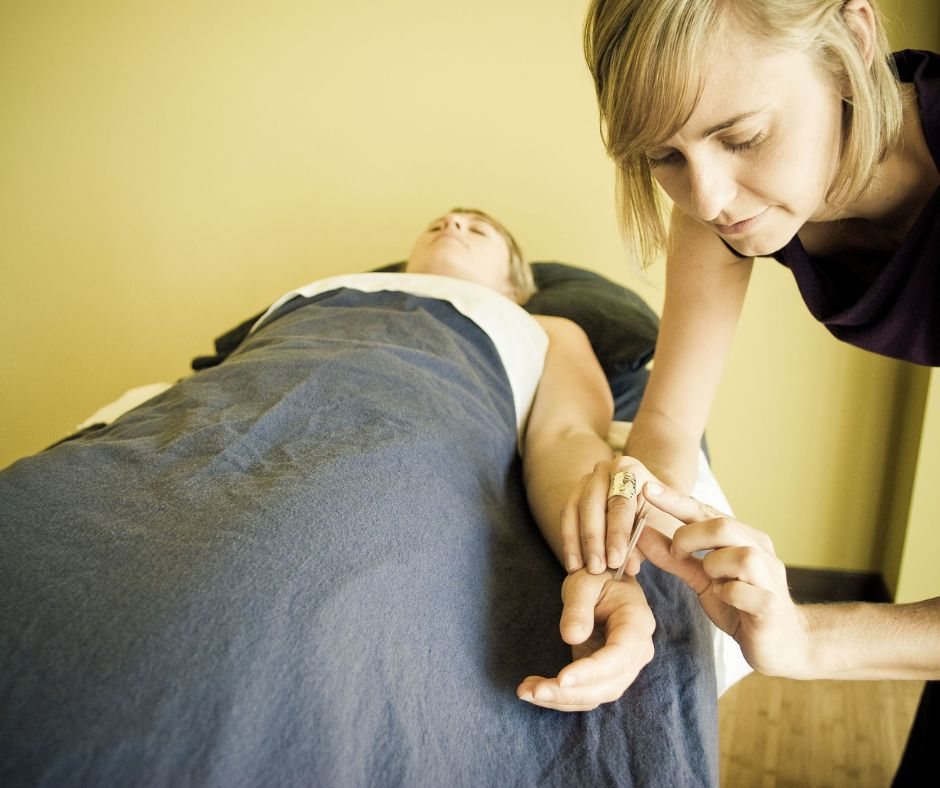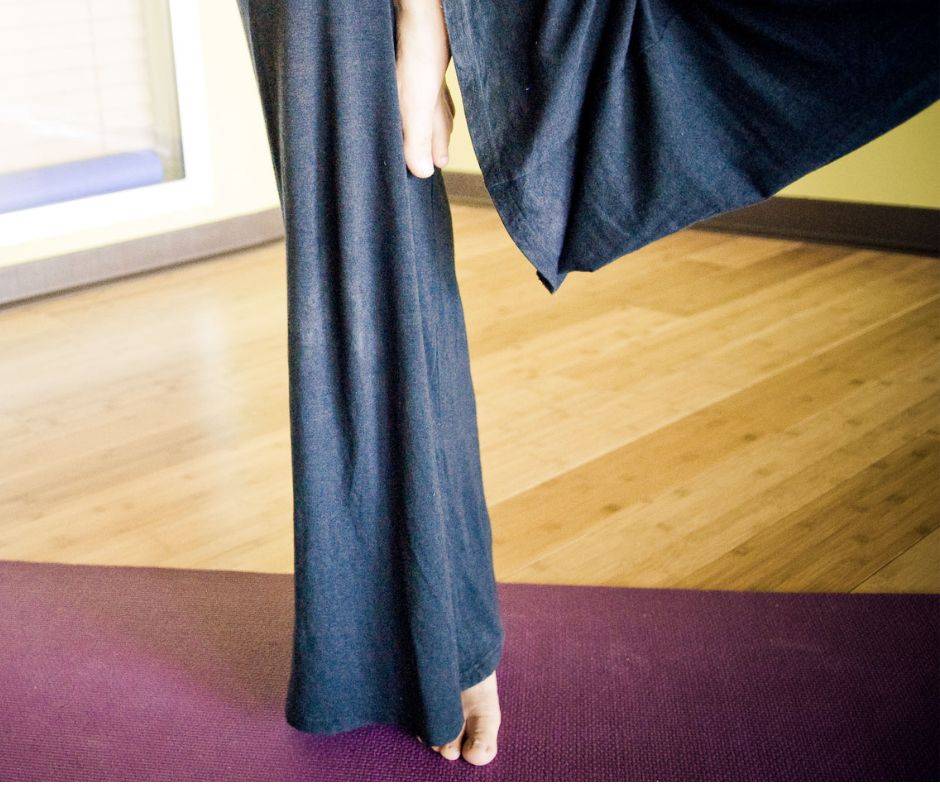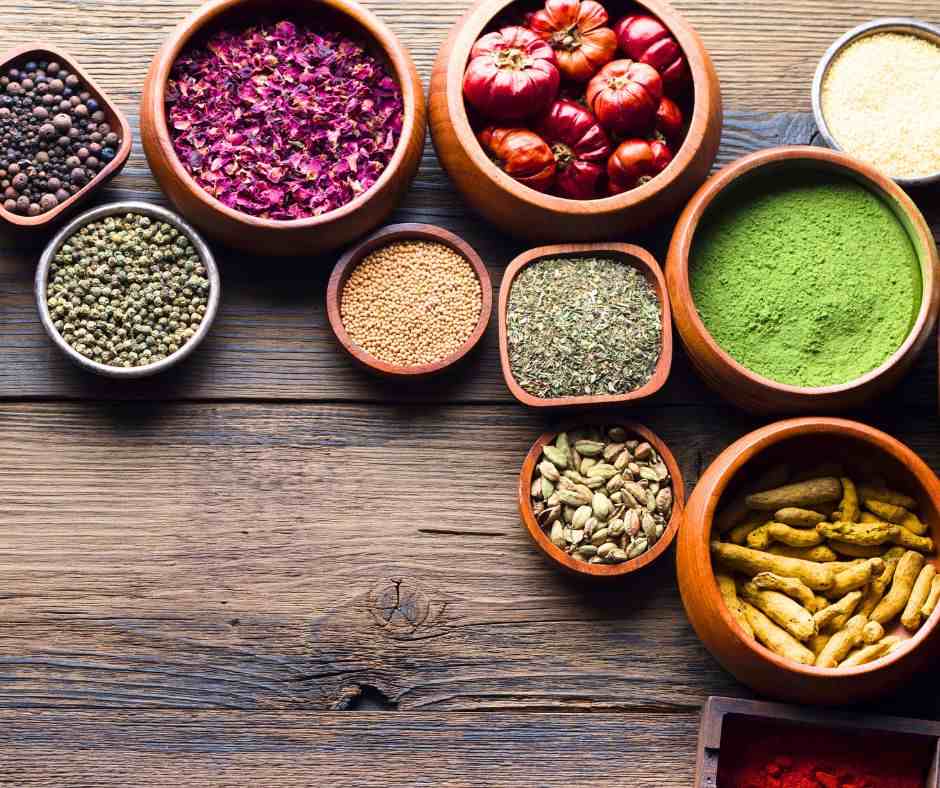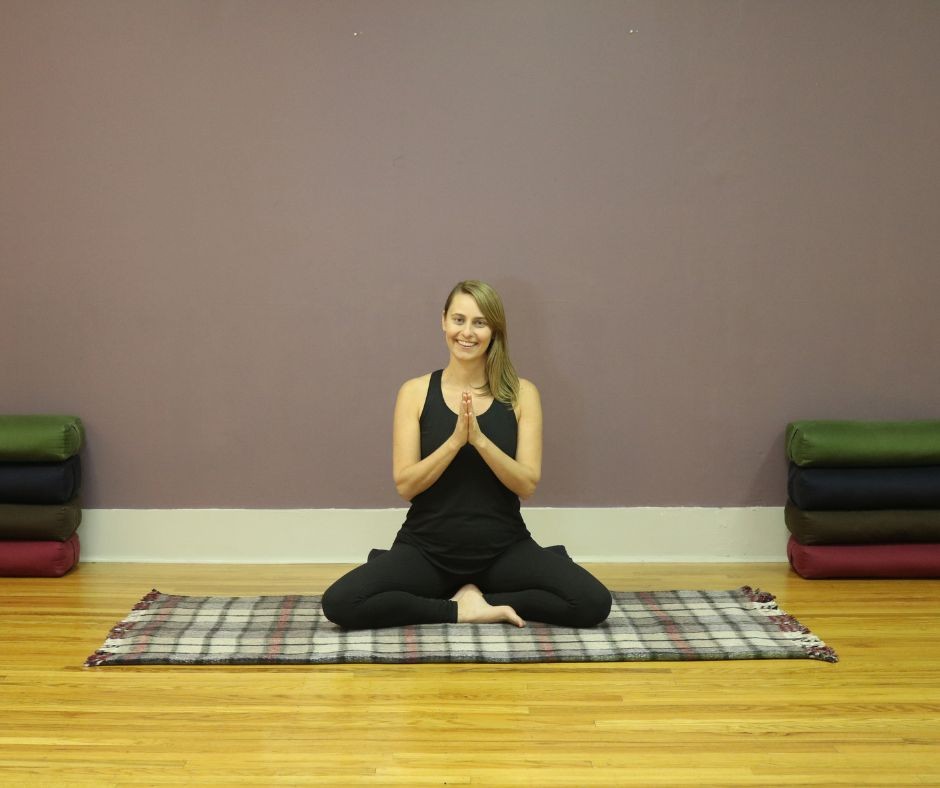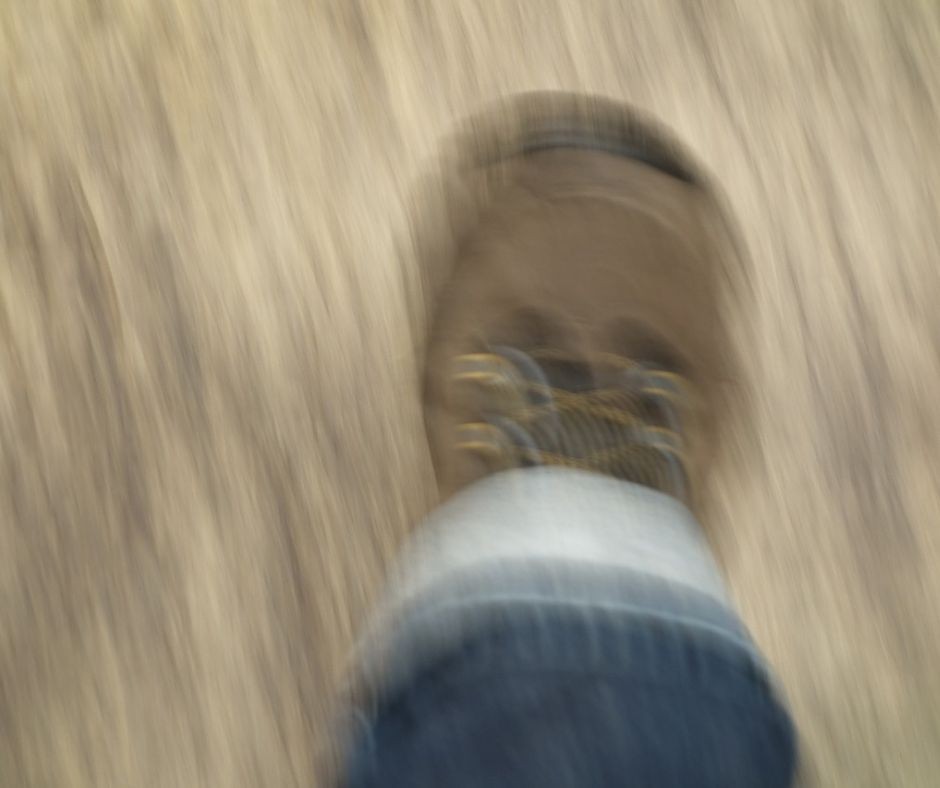Acupuncture is one of the modalities that is used within the larger umbrella of Traditional Chinese Medicine. An acupuncturist uses the placement of very thin pins at certain acupuncture points on the body to elicit a healing response.
Watch the video and read the post below to learn more!
What is acupuncture and how does acupuncture work?
Acupuncture involves working with the bodies Qi. Qi is considered the basic life force that runs through absolutely everything including our bodies. Qi travels along channels or meridians in the body. These channels are related to internal organs, certain emotional states, bodily tissues and/or fluids. Sometimes the Qi in these channels becomes stagnant or deficient. When this happens the Qi is not able to nourish the body and promote healing.
Western medical science is finding more and more ways to explain the effectiveness of this ancient system of healing. Acupuncture can relax muscle groups, sooth the nervous system, and target the immune system. There are also a number of theories that say meridians are housed in the connective tissues, lymphatic system, and/or electromagnetic field the human body radiates.
It can be interesting to use western anatomical and scientific terms to describe acupuncture. But personally, I find it most helpful to stick to explanations using the language of Chinese Medicine. The understanding and description of acupuncture using Chinese Medicine terminology is much more nuanced and complex than our western language.
The needles we use in acupuncture are very thin, sterile, and flexible. This is in contrast to needles that draw blood, which are much thicker. Needles that draw blood tear tissue, whereas acupuncture needles push tissue away.
When receiving acupuncture you may feel a little prick but generally most people only feel a dull pressure. Acupuncture is not nearly as painful as a needle that draws blood. In fact, it can be pretty interesting to notice the sensation of Qi when it’s activated by the acupuncture needles.
Acupuncture treats the whole person; a practitioner will start with a comprehensive intake process which could include things like looking at a persons body type, listening to their pulse, taking an inventory of their energy levels, sleep, and digestion. From there, the practitioner will base their diagnosis, selection of points, and treatment on the whole picture.
If you haven’t tried acupuncture I would highly recommend that you do! If you’re interested in learning more about acupuncture check out my FAQ page or book an appointment with me today.

